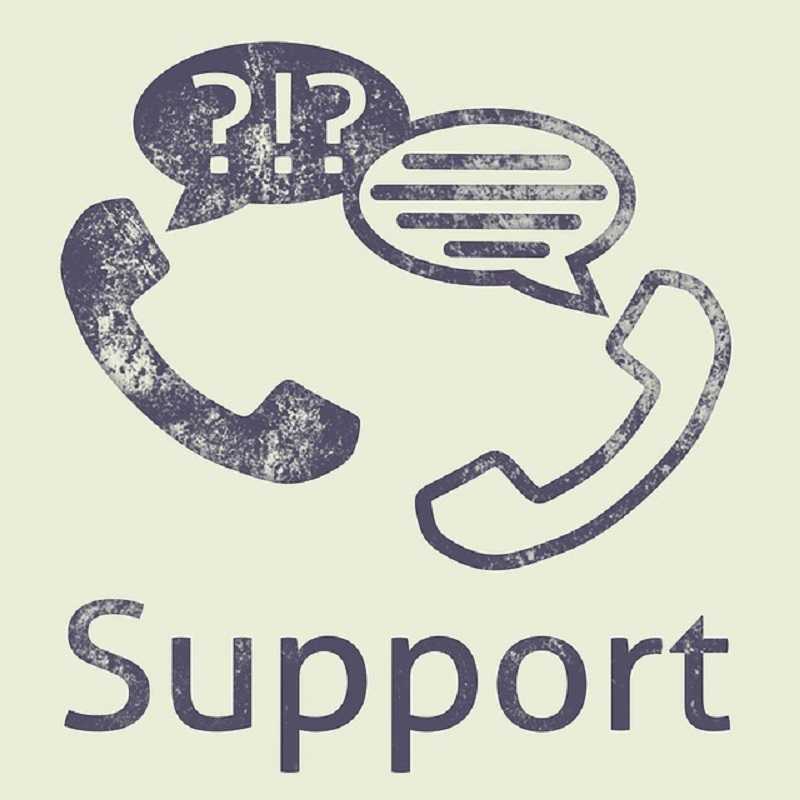What Are Divorce Support Groups?
Divorce support groups are peer-led or professionally facilitated gatherings designed to provide emotional, social, and sometimes practical support to individuals undergoing the process of divorce. These groups create a confidential and supportive environment where members can share experiences, feelings, and coping strategies. The primary purpose is to help participants feel less isolated and more empowered to move forward with their lives.
Types of Support Provided:
- Emotional Support: The cornerstone of these groups is emotional support. Facilitators and peers provide a listening ear and a safe space to express feelings such as sadness, anger, or confusion without judgment. This emotional backing helps members process their feelings more healthily and constructively.
- Social Support: Divorce can often result in the loss of mutual friends or social networks. Support groups offer a new social avenue where individuals can meet others in similar situations, reducing feelings of loneliness and social isolation. Group activities and outings can also be part of the experience, fostering new friendships.
- Practical Support: While not all groups focus on practical advice, some may provide resources on legal procedures, financial planning, co-parenting, and adjusting to life post-divorce. Guest speakers such as lawyers, financial advisors, or counselors might be invited to give expert advice and answer questions.
Joining a divorce support group can offer numerous benefits:
- Reduced Isolation: By connecting with others who are facing similar challenges, group members can reduce the feeling of isolation that often accompanies divorce proceedings.
- Increased Understanding and Perspective: Hearing others’ experiences and solutions can provide different perspectives and insights, which can be enlightening and reassuring.
- Emotional Healing: Regularly expressing one’s thoughts and feelings in a supportive setting can significantly aid in emotional healing and adjustment.
- Access to Resources: Through shared knowledge and sometimes guest speakers, members gain access to valuable information that can help navigate the practical aspects of their divorce.
- Skill Development: Many support groups incorporate skill-building activities, such as communication or financial management workshops, which are vital for life post-divorce.
Types of Divorce Support Groups
In-Person Support Groups
In-person support groups are the traditional format where members meet at a designated location, such as community centers, churches, or private meeting rooms. These sessions often feature a structured format that includes introductions, guided discussions, and shared personal experiences.
Online Support Groups
Online support groups offer flexibility and accessibility, appealing to those who may have logistical constraints or prefer the anonymity of digital interactions. Virtual platforms often use forums, chat rooms, or video meetings to facilitate discussions, providing a platform where members can share and receive advice at any time.
Specialized Groups
Specialized divorce support groups focus on particular demographics or situations, providing tailored support that addresses unique challenges. Examples include:
- Groups for Single Parents: These groups offer support and resources for single parents navigating the dual challenges of divorce and solo child-rearing. They may provide parenting tips, legal advice on custody arrangements, and emotional support tailored to the needs of single parents.
- Groups for High-Conflict Divorces: For those experiencing contentious separations, these groups focus on offering strategies for managing stress, dealing with legal battles, and maintaining personal well-being amidst high-conflict scenarios.
- Gender-Specific Groups: Some groups cater specifically to men or women, addressing the unique emotional and practical needs that can vary by gender during the divorce process.
- Groups for Different Stages of Divorce: Recognizing that needs change over time, some groups are designed to support individuals at specific stages of their divorce, from the initial decision to the post-divorce adjustments.
How to Find Divorce Support Groups in Ontario
Local Community Centers
Community centers in Ontario often host a variety of support groups, including those focused on divorce. By visiting or calling your local community center, you can obtain schedules and details about the support groups they host. These are usually facilitated by trained professionals or experienced volunteers and are a reliable source for supportive community-based programs.
Family Law Offices and Legal Aid
Family lawyers and legal counselors often have information about local support groups since these groups can be an integral part of the healing process for their clients. Some law offices might even run their own support sessions or have partnerships with group facilitators. Contacting legal aid organizations in Ontario can also provide leads, as they frequently collaborate with support groups to help clients navigate the emotional aspects of divorce proceedings.
Online Directories and Resources
There are numerous online directories and resources dedicated to helping individuals find local support groups, including those specifically for divorce. Websites like the Ontario Association of Family Mediation, Divorce Angels, and Family Services Ontario offer searchable databases where you can find groups based on your location and specific needs.
Social Media and Forums
Social media platforms like Facebook, LinkedIn, and Reddit can be excellent places to find and connect with divorce support groups. Facebook groups, in particular, are active with various divorce-related support groups; here, you can see upcoming meetings and events. Additionally, platforms like Meetup may host listings for local divorce support gatherings, allowing you to join virtual or in-person meetings.
What to Expect from a Divorce Support Group
Here’s what to expect when you attend a divorce support group in Ontario.
Group Structure and Format
Divorce support groups in Ontario may vary in their structure depending on the organization and facilitator, but most follow a semi-structured format. Meetings typically last about one to two hours and are held weekly or bi-weekly. A typical session might start with a welcome and introductions, followed by a check-in where members share updates about their progress and challenges. The facilitator often introduces a topic for the session, which guides the subsequent discussion. Sessions usually conclude with a closing round where members can share final thoughts and reflections.
Types of Discussions and Activities
Common discussion themes include:
- Coping with emotional stress and grief
- Managing co-parenting responsibilities
- Navigating financial changes
- Rebuilding self-esteem and personal identity
- Legal proceedings and rights
Activities may include guided discussions, guest speakers (like therapists or financial advisors), and sometimes workshops on specific skills such as stress management, budgeting, or parenting after divorce. Some groups also incorporate mindfulness exercises or creative activities like journaling to help members process their feelings.
Confidentiality and Privacy
Confidentiality is paramount in divorce support groups to create a safe and trusting environment. Members are often required to agree to a confidentiality policy at the outset, which includes not discussing the identities of other members or specifics shared during meetings outside the group. Facilitators, who are typically professionals bound by ethics and confidentiality laws, ensure that these rules are followed and that the group remains a private and supportive space for all participants.
Challenges and Considerations
Finding the Right Group
Choosing the right support group is crucial to your healing journey. Here are some tips to help you find a group that aligns with your needs:
- Research Available Options: Start by looking into various groups available in your area. Consider their focus, whether they are more about emotional support or if they also offer practical advice.
- Consider the Group’s Structure: Some groups might be more structured with facilitated discussions, while others may be more informal. Decide which environment you think you’ll benefit from the most.
- Attend a Few Meetings: Most groups allow you to attend a few meetings before committing. Use these sessions to gauge the group’s dynamics and whether the group’s style matches your needs.
- Look for Specialized Groups: If you have specific needs, such as dealing with high-conflict divorces or being a single parent, look for groups that cater specifically to those issues.
Managing Group Dynamics
Group dynamics can be complex, especially when every member is going through stressful life changes. Consider these strategies to navigate group dynamics effectively:
- Set Boundaries: It’s important to set and respect personal boundaries within the group. Understand what you are comfortable sharing and respect others’ boundaries as well.
- Embrace Diverse Perspectives: Everyone’s divorce experience is unique. Be open to different viewpoints and approaches, which can enhance your understanding and growth.
- Communicate Openly: If issues arise, communicate them respectfully within the group. Effective communication can prevent misunderstandings and foster a supportive environment.
Balancing Support with Professional Help
While support groups provide great emotional and social support, they are not a substitute for professional psychological help. Consider seeking additional professional help if:
- You Experience Intense or Prolonged Distress: If symptoms of depression, anxiety, or other emotional issues persist or worsen, it may be time to consult a professional therapist or counselor.
- You Need Specialized Advice: For legal, financial, or any other specialized advice, it’s beneficial to consult with professionals who can provide expert guidance specific to your situation.
- Personal Issues are Beyond the Scope of the Group: If personal issues are impacting your ability to benefit from the group, or if they require more attention than the group can provide, professional help can offer more personalized support.
Numan Bajwa is the Founding Partner at Bluetown Law – Family Lawyers. He earned his Juris Doctor from the University of Detroit Mercy School of Law (2011–2014) and holds an Honours degree in Criminology from the University of Windsor (2003–2008).









